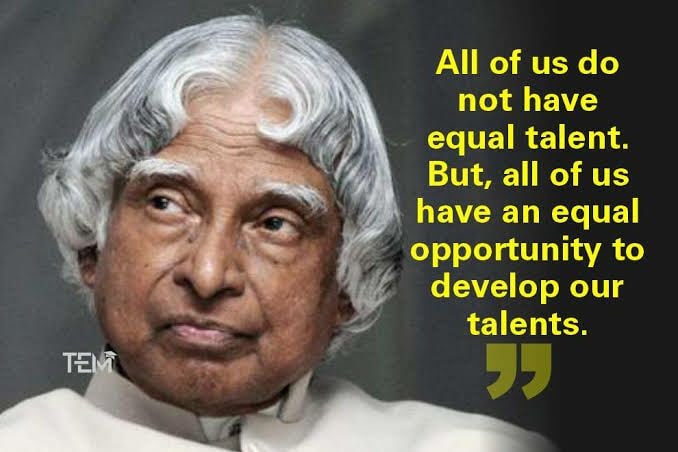Does the Production Linked Incentive scheme to boost ethanol production lead to unintended consequences for India’s food security and environment? Comment (200 Words)
Refer - Financial Express
Enrich the answer from other sources, if the question demands.

Abdul hakkim 4 years
Please review mam/sir
Thanks

IAS Parliament 4 years
Try to focus more on consequences. Keep Writing.

IAS Parliament 4 years
KEY POINTS
· The government of India (GoI) announced a Production Linked Incentive (PLI) scheme wherein fuel companies will be required to sell gasoline containing up to 20% of ethanol by 2023.
· This decision comes in the light of surplus sugar production in the country which leads to lower sugar prices and adversely impacts the timely realisation of farm incomes.
PLI’s unintended consequences
· These novel incentives are likely to have some unintended consequences as they may encourage more farmers to increase sugarcane production.
· One litre of ethanol from sugarcane requires about 3,000 litres of water.
· Diversion of production to sugarcane will reduce the water availability for other crops and cause overexploitation of groundwater resources.
· This can challenge the food and nutrition security of the country by reducing staple grain production and by discouraging farmers to diversify into fruits, vegetables and other high-value crops.
· Cereals, especially maize and sorghum, are more environmentally-sustainable, can be grown in non-irrigated regions or drylands, and serve as alternate crops for starch-based ethanol production.
· Incentive-linked production of maize and sorghum will also fetch better prices for farmers as a market of assured buyers will emerge.
· Better and timely price realisation, if inculcated as a part of the incentive, will boost the production of these crops, shifting land use away from sugarcane.

Tahir Hussain 4 years

IAS Parliament 4 years
No need to give details about ethanol, focus on consequence. Keep Writing.